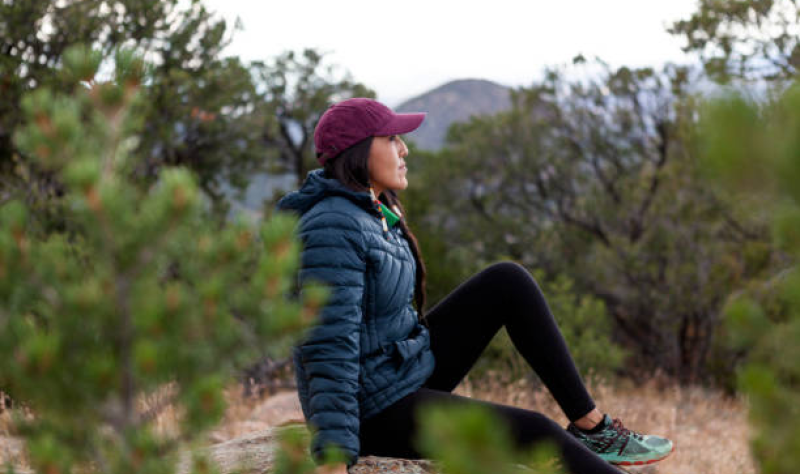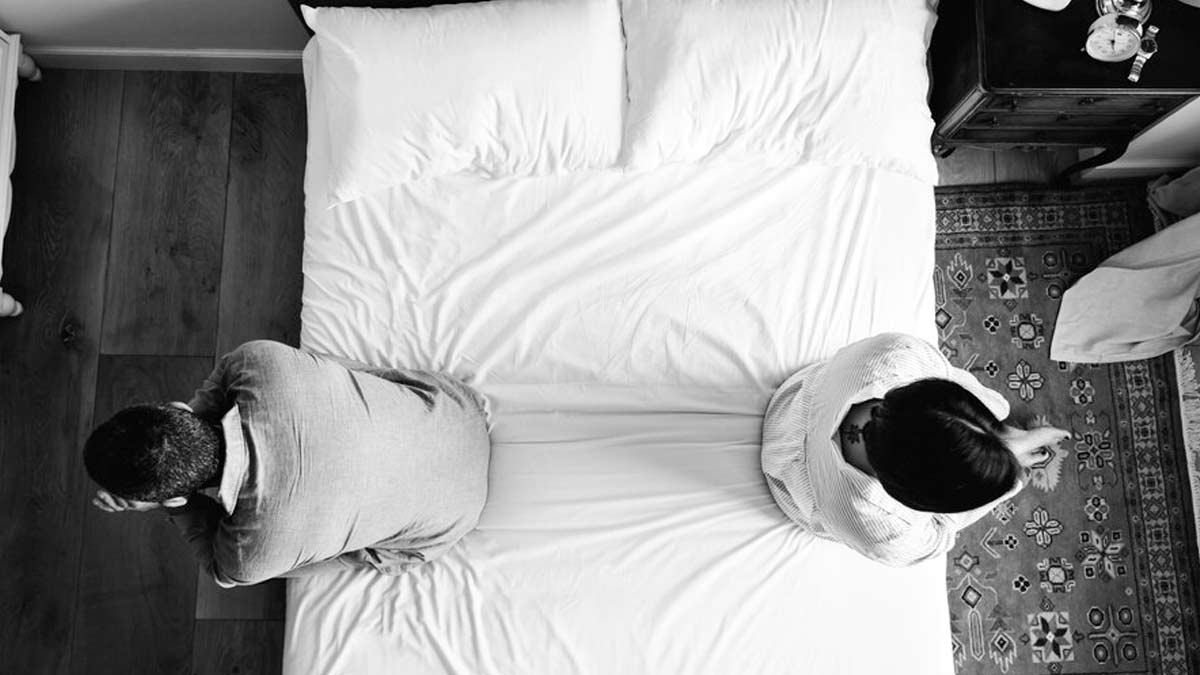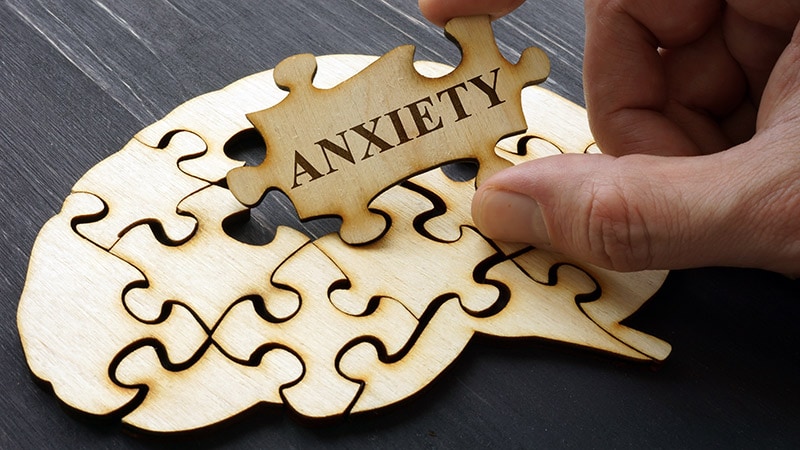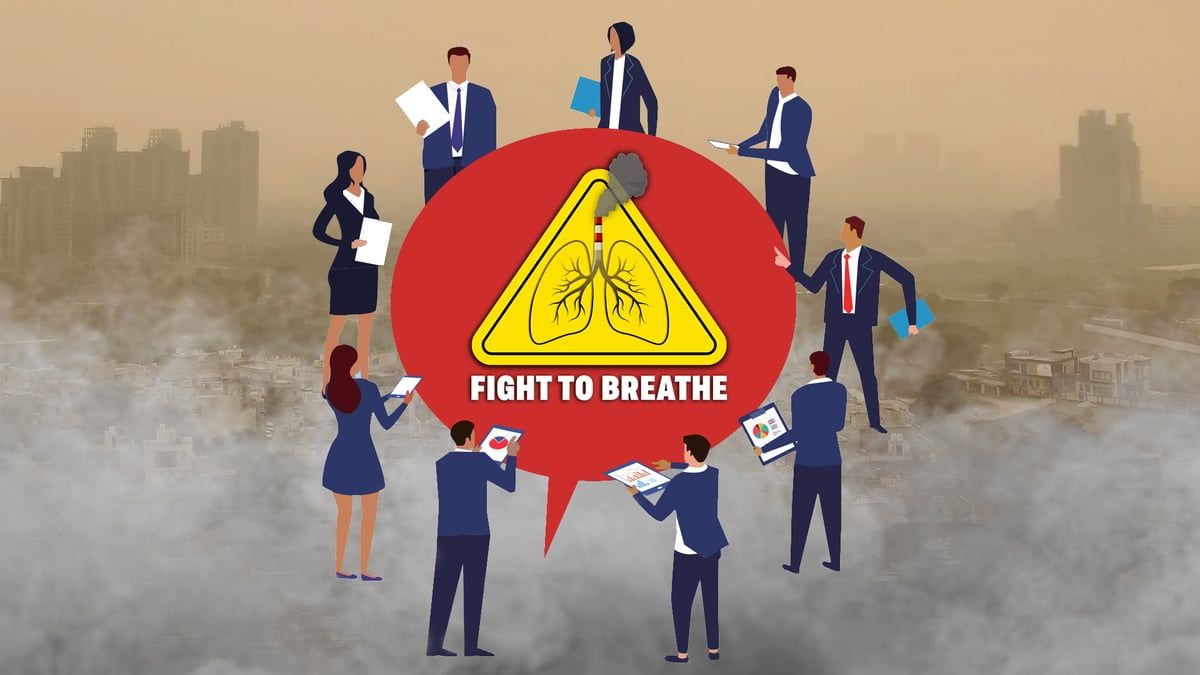Problem-solving, social support tied to Native Americans’ emotional health amid pandemic

A study of urban American Indians and Alaska Natives (AIANs) during the COVID-19 pandemic links problem-solving skills and social support to better emotional well-being.
A team led by Denver Health Medical Center and University of Colorado researchers surveyed 1,164 AIAN adults who sought care at six urban health centers in Alaska, Colorado, Kansas, Minnesota, New Mexico, and Utah from November 2021 to May 2022. The average age was 42.5 years, and 61% were women.
“In problem-solving coping, one directly resolves or reduces a stressor by, for example, doing something to solve the problem,” the study authors noted. “Avoidant coping minimizes focus on the stressor without resolution by, for example, trying to stay away or wishing that things were better. While neither approach is inherently best, problem-solving coping has been associated with mitigated risk of depression and posttraumatic stress disorder.”
The results were published in JAMA Network Open.
39% reported poorer emotional health
In total, 699 respondents (61% weighted) said their emotional health improved or stayed the same after pandemic onset, while 465 (39%) indicated that it was negatively affected. The average use of problem-solving skills was 2.5 on the Ayers coping scale subscales, with 1 meaning “never,” 2 indicating “sometimes,” and 3 meaning “most of the time.” The average avoidant-coping score was 2.3.
Although emotional support may directly benefit emotional health, functional support is critical in alleviating daily barriers to care, including obtaining transportation, child care, food, and necessities.
On average, the functional social-support score, based on the 15-point Duke-University of North Carolina Functional Social Support Questionnaire-5 was 11.4, indicating broad support with daily activities, and 50% reported that emotional support was usually or always available.
The use of problem-solving skills was linked to better emotional health (adjusted prevalence ratio [APR], 0.66 for highest vs lowest tertile), as were always (vs never or rarely) receiving emotional support (APR, 0.40) and having more functional support (APR, 0.90 per 1-unit increase in functional social support).
“Although emotional support may directly benefit emotional health, functional support is critical in alleviating daily barriers to care, including obtaining transportation, child care, food, and necessities,” the researchers wrote.
Avoidant behaviors were nonlinearly associated, with a higher rate of poorer emotional health at moderate levels of avoidance (middle tertile APR, 1.38 vs lower tertiles).
Resilience training may help
Of 8 possible pandemic-related difficulties, the average number experienced was 3.4. A higher rate of poorer emotional health was noted with a rising number of difficulties experienced (most vs least APR, 3.40) and more concerns about pandemic cultural impacts (APR, 1.11 per 1-unit increase in number of concerns).
The average Brief Resilience Scale score was 3.5 of 5. Of the 384 respondents with low resilience, 230 (60%) reported worse emotional well-being. Modification of associations by resilience for concerns about pandemic-related cultural effects was noted, and only low resilience wasn’t tied to cultural concerns (APR, 1.03).
“These results highlight the importance of interventions to bolster beneficial coping behaviors and draw on American Indian and Alaska Native community strengths and social support to improve emotional health during the COVID-19 pandemic,” the authors wrote.
Resilience training can help protect people from the effects of trauma, they added: “Mindfulness and relaxation activities, self-care behaviors, and connecting with social support have been deployed by health care organizations during the pandemic, with beneficial associations.”
link






